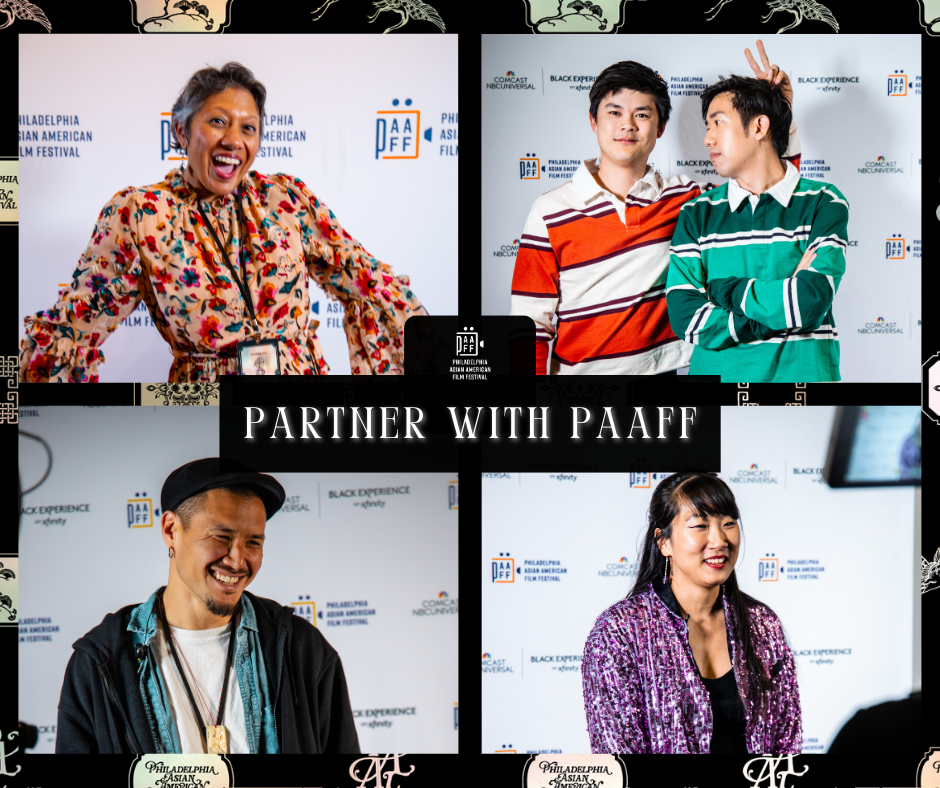In partnership with Music of Asian America Research Center and University of Pennsylvania Asian American Studies Program, we present the third annual PAAFF Conference. This year’s three-day conference explores the Music of Asian America through a series of paper presentations and interactive workshops that will run parallel to festival film programming, punctuated by two live musical showcases on Friday and Saturday nights during Opening Weekend. Bringing together filmmakers, academics, and other creatives – the PAAFF Conference presentations include many of the leading scholars on these subjects and top performing artists in their field. All conference programs are FREE and open to the public, RSVP advised due to limited seating capacity. Check guide listing for location information since the conference will be traveling between venues. CHAIR: Jennifer Jones Wilson (Westminster Choir College) The musical traditions of Asia survive, thrive and are transformed in the United States for a wide variety of reasons. This panel explores the journeys that Indonesian, South Indian and Chinese musics have taken when they entered the halls of academia, were employed as a part of youth identity formation, or became a site of memory and entertainment for seniors. PANELISTS: Elizabeth Clendinning (Wake Forest University) Gamelan Chameleon: Cultural Representation and Academic Asian American Ensembles The Indonesian American community is small; however, Indonesian gamelan (percussion orchestra) ensembles have gained an outsized presence within American academic music programs in the past six decades since the first two academic gamelan ensembles were founded at the University of California-Los Angeles. Based on nearly a decade of research within American gamelan communities, this paper examines how gamelan communities have approached the task of representation. Rachel Schuck (University of Miami) Carnatic Music Transplanted to America: Innovations of Youth in “Sustaining Sampradaya” As Carnatic music’s education system shifts and develops, performance practices and live venues reflect the impact of this music’s migration to the U.S. In this paper, drawing on ethnographic observations of the 2018 Cleveland Thyagaraja Festival and interviews with organizers and participants, I demonstrate that the performance spaces and community accessibility provided through the festival’s education program reveal the globalization of this tradition and contribute to the re-formation of South Asian identity in American education and music performance contexts. Lydia Huang (Temple University) Songs of China(town): Music, Memory, and Identity This paper examines the musical practices of Chinese seniors (age 60 and over) in weekly singing classes in Chinatown, Philadelphia. These seniors are a special group within the Chinese diasporic community, as many have lived under Mao’s regime and through the reform era. In turn, they have experienced periods where music was used as an educational tool, as a political weapon, and as products for consumption. Given their varied experiences with music, what does music making look like for them in Philadelphia?

